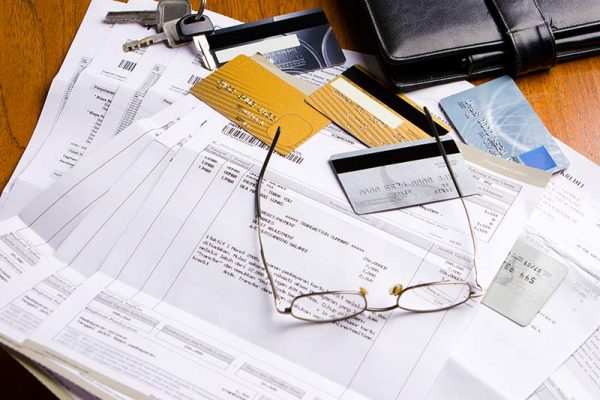BANKRUPTCY
Are all of the
Chapter 7 Bankruptcy Debts Discharged?
The bankruptcy court is not required to discharge all debts that the debtor has. If the debtor or other person/entity does not declare the debt to the bankruptcy court, the debt will remain. The bankruptcy court also does not discharge debts simply because they are declared to the court by a debtor. The bankruptcy court will make a determination if the debts are dischargeable according to the Bankruptcy Code. A bankruptcy attorney can give you an opinion on how many of your debts the court can discharge. The bankruptcy court can discharge debts that are listed as dischargeable under the Bankruptcy Code. However, this code is interpreted and applied by various bankruptcy cases. A mere examination of the code alone will not give a debtor definite information about what debts will be discharged.
Sections of the Bankruptcy Code have been enacted by the United States legislature to prevent some debts from being discharged. If the debts were incurred or charged to the debtor for wrongful behavior as defined by Congress, they may not be discharged. One common example is debts related to damages caused by a debtor's drunken driving. There are nearly 20 separate kinds of debts that are generally not entitled to a discharge according to the Bankruptcy Code. In a general sense, bankruptcy discharge exceptions apply if a section of the Bankruptcy Code relates to it. The debtor's attorney can discuss if any of the debtor's debts fall into any of the many categories that are not granted a discharge by the Bankruptcy Code.

Some of the general types of discharge exceptions are certain taxes, debts related to the support of family or legally related minors, and debts for behavior considered to be wrongful by Congress. The Bankruptcy Code does not generally allow for release of debts related to purposeful and knowing harm to individuals and property belonging to people or entities other than the debtor, and fines or penalties charged by governmental agencies, and debts charged for government education loans. The Bankruptcy Code does not grant a discharge for benefits that were incorrectly or wrongfully granted to the debtor for debts related to injuries caused by the debtor's drunk driving, or debts related to some tax-advantaged retirement plans, or cooperative housing fees. Although the Bankruptcy Code is a good general guide as to the sorts of debts that the Bankruptcy Code does exempt from discharge, it does not assure that the debtor will automatically lose a discharge based on his or her categorization of his or her debts. Debtors should consult an experienced attorney for an opinion on whether the debtor's specific debts are likely to be discharged.
The Law Office of Marteal Lamb, PLC is on your side, click below to request an appointment to discuss your Phoenix Bankruptcy.
